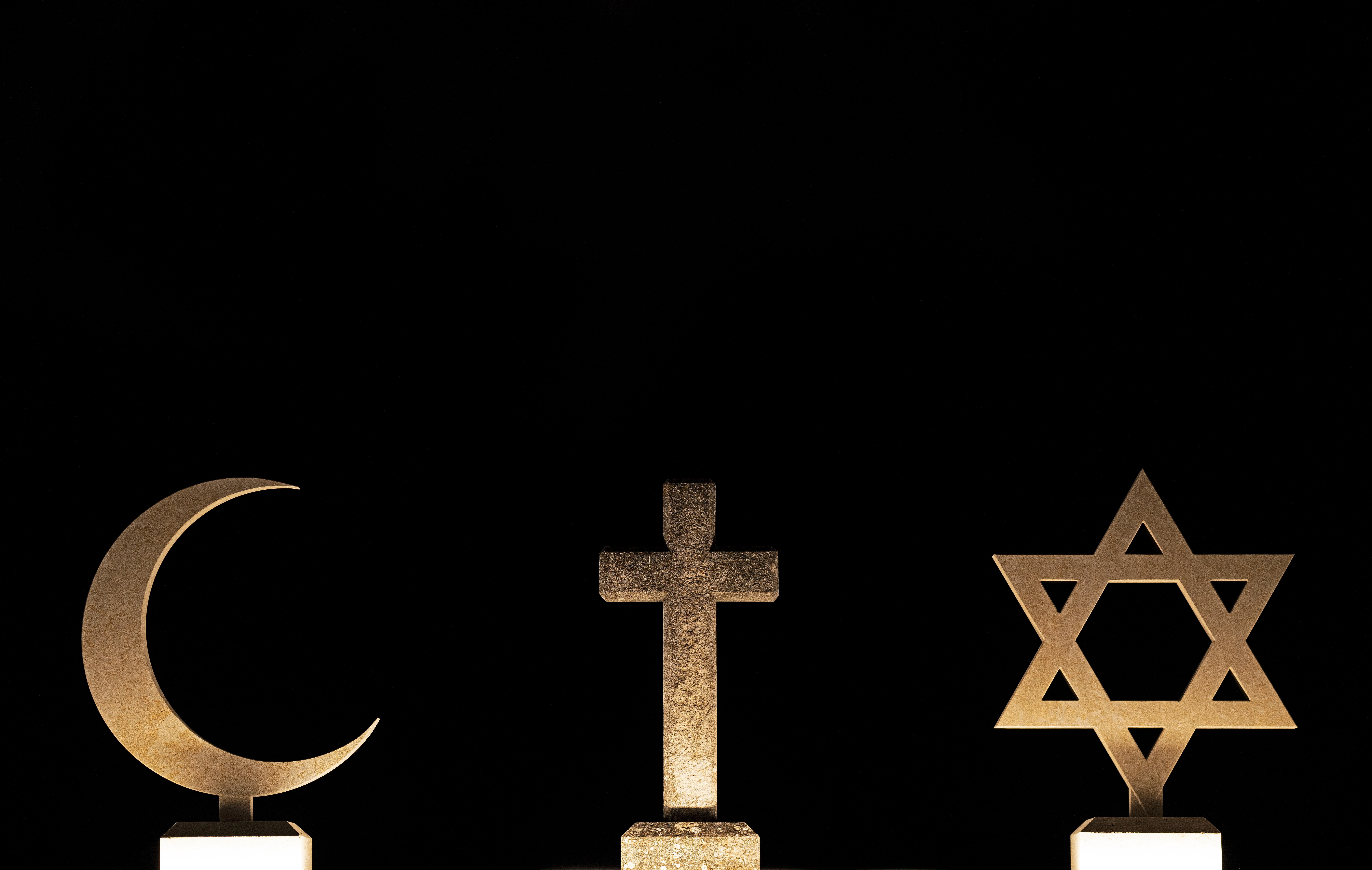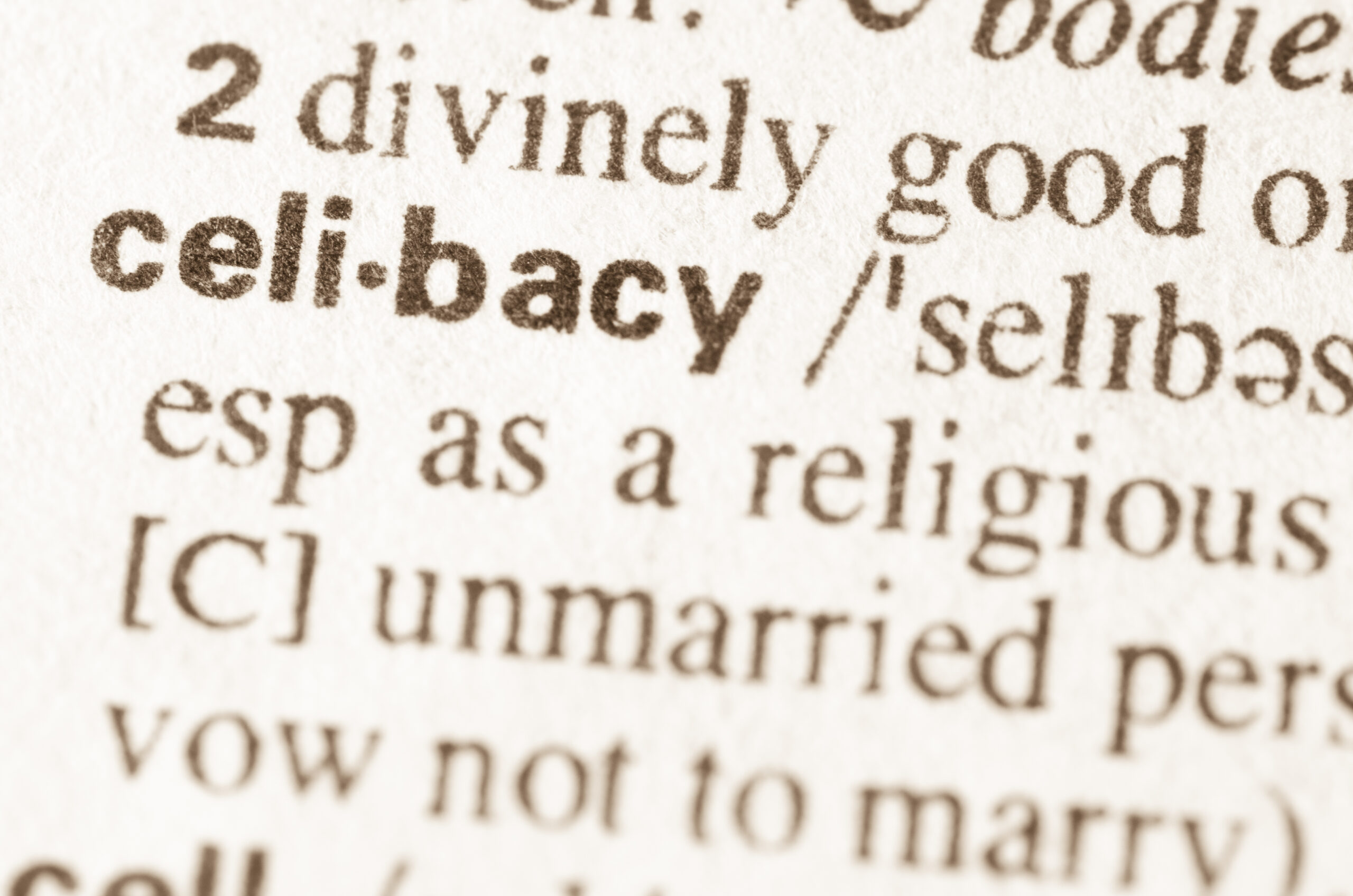| Getting your Trinity Audio player ready... |
The sacrifice of Jesus, so much boasted by the Christian church, is nothing compared to the sacrifice of a mother for her family. It is not to be spoken of in the same light. A mother’s sacrifice is constant: momentary, hourly, daily, life-long. It never ceases. It is a veritable providence; a watchful care; a real giving of one life for another, or for several others; a gift of love so pure and holy, so single and complete, that it is an offering in spirit and in substance. This is to me the highest, purest, holiest act of humanity. All others, when weighed with this unselfish consecration to duty, seem small and insignificant. There is, in a mother’s life, no counting of cost, no calculation of reward. It is enough that a duty is to be done; that a service is to be rendered; that a sacrifice is called for. The true mother gives herself to the offices of love without hope, expectation, or wish of recompense. A mother’s love for her children cannot be determined by any earthly measure, by any material standard. It outshines all glory, and is the last gleam of light in the human heart. A mother’s love walks in a thousand Gethsemanes, endures a thousand Calvaries, and has a thousand agonies that the dying of Jesus upon a cross cannot symbolize. This maternal sacrifice is the greater that it is made cheerfully, without a murmur, and even with joy. If it is not sought; it is never pushed aside. A mother’s sacrifice for her family makes a chapter of suffering, of patient toil and strife, of heroic endurance and forbearance, that religion is not yet high enough to appreciate; and this sublime devotion is not in one home, but in hundreds of thousands in every land everywhere on earth, and it is real, true, heart-born, and the utmost of renunciation that human life has revealed. The brief martyrdom of Jesus was not voluntary, was not lasting in its pain or in its service to mankind. His death was cruel, his suffering and agony terrible to think of, but it was all soon over. A few hours of torture make up the tragedy of the cross. But the story of this crucifixion may be fictitious, imaginary; most likely is such. Perhaps no such man died such a death in any such way. Then how vain and foolish to waste our sympathy on a fanciful sufferer, an imaginary martyr, who never existed outside of the brain of the writer of the story, while there are actual, real beings living who are making a greater sacrifice, doing a holier duty, within our reach!
Nature was made simply to kill another being, and the last-made being, man, is the supreme killer of the whole lot. Take the whole range of wild beasts, and find, if you can, aught but malice in their creation, if they were created. No plague ever destroyed hyenas and jackals. No one ever found a sick rattlesnake or an invalid hornet. The fittest survive?. The fittest for what? To worry man, to make life miserable. Mosquitoes, wasps, fleas, reptiles and wild beasts, poisonous vines and shrubs, noxious blossoms whose perfume is the kiss of death, weeds that push and crowd decent plants until they die in utter despair—these are the sturdiest triumphs of the creative art. We cannot help wishing that the Lord-God had not rested on the seventh day, but instead, had gone around and destroyed about seven-eighths of what he had created. We might then have had quite a decent world to live in. Man builds a home for her he loves, he plants beside it all that will make it beautiful to the eyes of his wife. He works and brings what is fair to adorn it, and makes every room a casket to hold the jewel of love. He looks at his home with pride, and feels that it is “the dearest spot on earth,” a refuge safe and secure. The cyclone comes and in a moment all is swept away. Man cannot trust the God of the winds. There is no more terrible calamity that afflicts our globe at the present time than an earthquake. It comes without warning, by day or night, when man is at his place of business or when he is at rest. There is no way of preventing it, no way of preparing for it. It may wait a hundred, a thousand, years before it works its deadly ruin. But when it comes, havoc is left. An earthquake maybe good for the earth, but it is almighty discouraging to the people that live on it. It may seek a beneficent end, but it goes to work in a cruel manner to accomplish it. Human life counts no more than the life of rats when an earthquake gets started. This infernal visitor does not seek a spot where its malevolence can be wrecked upon the rocks and hills. Oftener it goes to the thickly populated city or town and topples over houses and swallows up dwellings, with men, women and children. Does God send the earthquake? If he does, where is the evidence of his love for man? If He does not, who does? It is pretty tough business to try to reconcile Nature with the idea of God’s watchful care over man.
There may be some other religion in the world that sings of a God more cruel than the God of Christianity, but we do not know of any. At any rate, we believe it is safe to say that no religion of a civilized people has a God who is more vindictive. We have always wondered how men and women could set such infernal ideas to music as we find in Christian hymns. It is really too bad that human beings are compelled to sing such lies as we find in the pious song-books of the church. The sentiments contained in them are not fit for savages. It can only brutalize the heart to sing of blood, and nothing but blood, no matter whose blood it is. The ”precious blood of Jesus” is just as suggestive of cruelty as the blood on the executioner’s knife. Men become what they read, what they think, what they sing, what they believe. Religions have made men wicked, cruel, hard, unkind. It is impossible to have faith in a God of wrath and vindictiveness without in time developing these qualities. Men grow into the likeness of their belief. As a man believes, so is he, to a certain extent. The influence of cruel sentiments on the mind is greater with the young than with adults. Some hymns sung in Christian churches are positively brutal in tone. Think of human beings singing the following verse:
“But vengeance and damnation lie
On rebels who refuse His grace;
Who God’s eternal Son despise,
The hottest hell shall be their place.”
Who carried the cross upon which Jesus was crucified? Such a question ought to be easy to answer, if the event ever occurred. There ought to be no disagreement upon so simple a matter as this. But there is disagreement, and quite a serious one at that. Three of the gospels declare that Simon carried the cross, while the fourth gospel says that Jesus himself carried the cross upon which he was crucified. Now, which is right? Is John right? If so, then Matthew, Mark and Luke are wrong. If Simon carried it, Jesus could not have done so; and if Jesus carried it, then Simon did not. That there is such a discrepancy in the accounts of this alleged event does not so much indicate that one is right and the others wrong in regard to the carrying of the cross as that none is right. To our mind this disagreement of the gospels is an indication that no such event as the carrying of a cross upon which to crucify Jesus ever occurred. Christians put forth the Bible as a work which in some way came from God; as a book which is reliable in its statements, and correct in its narrative of events. Now, it is patent to everyone that in the gospels there are two distinct accounts of the carrying of the cross. How can Christians reconcile this fact with their theory that God is the author of the Bible? It must be admitted by all that one mind could not have written or inspired both of these stories, and it must also be admitted that if one is true the Other is false. What is the natural conclusion that an unprejudiced mind would arrive at after reading the account of the carrying of the cross for the crucifixion of Jesus in the four gospels? Is it not that no such cross was ever carried for any such purpose? There are too many gospels, too may stories of Jesus. It would have been better for Christianity had all but one of these narratives been destroyed. They contradict each other in so many essential points as to make them totally unreliable as records of facts. It is plain that not one of the writers of the four gospels knew of what he was writing. We must in honesty say that no one knows who carried the cross on which Jesus was crucified, and no one knows whether Jesus was crucified or not, and no one knows whether any such person as Jesus ever lived, to be crucified.
The man who stands up in public and asks God in prayer to help the poor, to bless the suffering, is looked upon as a good man, while he who does not pray nor ask God to do anything, but helps his needy brothers and sisters, is pronounced wicked and sinful. Values have become strangely mixed in the eyes of mankind. Religion is considered as worth more than morality; worship more than work; prayer more than performance and profession more than practice. This is wrong, false and foolish.
When a minister says that God will help you, ask him to put up the collateral.
We must condemn Christianity, not Christians; strike the church, but spare the heart.
Christianity is opposed to freedom, and consequently freedom is opposed to Christianity. A Christian cannot be a freethinker, and a freethinker cannot be a Christian. When a man is required to believe certain doctrines, he is not free to think. A creed is to keep the mind from inquiry. Questions lead to doubt, and doubt is the death of faith. The church condemns freethought, because free- thought cannot be bound by its chain of dogma. There is no place in the Christian church for the exercise of liberty. If the mind finds a new truth that contradicts the old dogma, the truth must be strangled that the dogma may hold its power over the thoughts and deeds of men. To be a Christian is to surrender to the priest or minister in the name of Christ. It is to be a monkey on the end of an ecclesiastical string to get pennies for his master. It is to crawl at the feet of superstition. To be a freethinker is to search for truth without fear. Where there is love of freedom there is no reverence for authority.
I believe that if God dwelt above the earth in the twelfth century of the Christian era, and witnessed the cruelty of priests and heard the cries of their poor victims when their bones were broken upon the rack or their flesh was burning in the wicked flames, and these priests should have lifted up their voices to this God and given him the glory of the awful sacrifice, he would have said to them: You lie; I never commanded one of my children to murder another. You are no ministers of mine, and your victims, with their heresies, are a thousand times holier in my sight than are you with your pious dogmas and holy sacraments.
Men are educated into bad habits through the constant assertion of human weakness, and the publicity which is given to bad deeds. We can never build man very high on the foundation of ”total depravity.” It is to be regretted that we think so meanly of mankind. We must start with a better assumption of human nature than that held by Christianity. We ought to emphasize man’s strength and give prominence to the good deeds of men. It is not necessary to lie about human nature one way more than another. Man has been painted worse than he is. We do not ask to have him painted better than he is. We want a true likeness. Man will make the best picture without any fictitious coloring. We are aware that we have not yet outgrown our animal inheritance, that we are still fettered to earthly things. Man can more easily deny his soul than he can his stomach, but for all this there is greatness in him. While man can fall to the lowest depths from which he sprung, he can rise to the height which is visible in his purest hours. What we ought to do is to encourage, all we can, the conditions most favorable to the development of the noblest part of man. Every temptation to vice should be driven from the public gaze. If man must fall, let him fall out of sight.
It is a sorry fact that one person is paid ten thousand dollars a year for playing base ball or riding a race-horse, and that another person in unable to earn seven hundred and fifty dollars for the same length of time by per-forming some useful labor. A mechanic, who actually adds to the wealth of the nation, who pro-duces something of value, is paid less than a jockey or a base ball pitcher whose business (?) is chiefly maintained for purposes of gambling. But there are other phases of this question that present equally disproportionate features. An actor, who merely repeats the words of another, receives one thousand dollars a night for his performance, while a lecturer who imparts original knowledge to his hearers, is paid twenty dollars and his expenses for his thought and labor. A singer is given five thousand dollars for appearing three nights of a week upon the stage, and a reformer is allowed what her audience will drop into the contribution box. One explanation of this is: “There is only one Caruso.” There is another explanation, and that is: People will pay more to be entertained, to be pleased, than to be instructed, to be enlightened or to be told what is right and best. It is a sad fact that many are paid too little for what they do. As a rule the actual laborers, the real workers of the world, both male and female, do not receive fair compensation for their work, while thousands of people who merely hold an office are paid far more than they are worth. Teachers, writers and professors are all underpaid. The highest work that man or woman is doing is the work of education, training the human mind to think truly, to act nobly, and yet a lawyer receives more in a day than a teacher in a year. The world that will pay one thousand dollars an hour to hear the voice of Melba, will grumble at paying ten cents an hour to a washerwoman. The world that will give a person ten thousand dollars a year for pitching base ball will object to raising the wages of our mill operatives five per cent. The world that will pay ten thousand dollars a year for riding a horse, wants a woman to teach school for fifty dollars a month.
The idea that Nature is to be worshipped, either as God, the unknown, or the incomprehensible, is being seriously questioned. We wish first to know what good such worship does. It cannot be of any benefit to Nature. Is it of any benefit to man?…
In the Christian dream of future punishment man is represented as burning eternally. Fire probably inflicts the intensest pain that the human body has ever suffered. Hell is fitly represented by fire. Suffering takes various shapes. Pain comes in a thousand forms. But there is a limit to the endurance of pain. Unconsciousness comes to the relief of the mind when agony can no longer be borne. Hell, such as has been taught by Christianity, is not a logical conclusion. All suffering that we know anything about ends itself. The victim is released by exhaustion. Hell is impossible.
We ought to cultivate happiness. We ought to have the home filled with what is beautiful. We ought to let the sun shine into our lives. People who are sour and moody look upon the smiling, happy person as foolish, and wonder what there is in life that one can find to enjoy. They want to tear the flower to pieces, stop the bird singing, trample upon the joy of the child, and hush the laugh of mirth. If you cannot enjoy life, don’t try to prevent others from doing so. Don’t throw a shadow on the human heart. Don’t try to stop the sun shining.
The test of everything is, does it help man?
It is difficult to get advocated what will correct society, because mankind spends so much time in the church that it has no time to spend in the theatre of improvement.
But he thought to secure assent from us by saying, “You will have to admit that Jesus was a good man.” What constitutes a good man? A good man is a man who is kind, loving, merciful, reasonable, and just. Would a just man pay the laborer who had worked but one hour as much as he paid him who had toiled all day? Would a reasonable man curse a fig tree because it did not have fruit on it out of season? Would a loving man say: He that hateth not father and mother is not worthy of me? Would a merciful man send those who did not agree with him into everlasting fire? Would a kind-hearted man bring a sword rather than peace on earth?
Dirt, and not cleanliness, was deemed next to godliness by the saints of old. The filthier a human being became, the holier he grew. It was regarded in the middle ages, that is, in the; ages when everything was sacrificed to religion, as almost a sin to keep clean. It was waste of time to care for the body. It was taught that it was holier to worship than to wash. Nor did these dirty old saints of old go nasty entirely on their own authority. They were nasty for Christ’s sake. They went unclean because Jesus had encouraged Hastiness. He believed more in clean hearts than in clean hands. He taught his disciples that “to eat with unwashed hands defileth not a man.” Dirty Christians are still plenty, but civilization prevails over superstition and the reign of dirt is doomed.
We cannot help thinking that Goethe showed lack of courage when he said: “I will listen to anyone’s convictions, but pray keep your doubts to yourself, I have plenty of my own!” It seems to us that only a coward is afraid of doubts. If our convictions are false is it not better to know it and correct them? Doubt is the way to truth. It is the attitude of the mind that wants to know things just as they are. They who are unwilling to be deceived are the ones to doubt, to inquire. Let us hear all the doubts of the world, for they are knocks at the door of knowledge. To accept without question is to be the willing dupe of imposition. The doubter is the safe man; the man who can be depended upon. He does not build upon a foundation of guesswork, and the structure he erects will stand. Let us not fear doubt, but rather fear to have falsehood passed for truth.
Poverty has not a single blessing. It is a curse, pure and simple, everywhere and for everybody. It is not to be praised; it is to be condemned and got rid of. It is the father of vice and the mother of suffering. It sheds more tears than grief. It cuts more throats than crime. It breaks more hearts than cruelty. It is the one great giant evil of earth. It is the foe that every Knight of Labor is sworn to battle. Every heart that loves another is pledged to drive poverty off the earth. This monster devours more children than disease, and tortures the aged more than pain. Want is a flood, a drouth, a famine, a pestilence. It is a prison, a work-house, a convict’s cell. It is the hell of the twentieth century.













